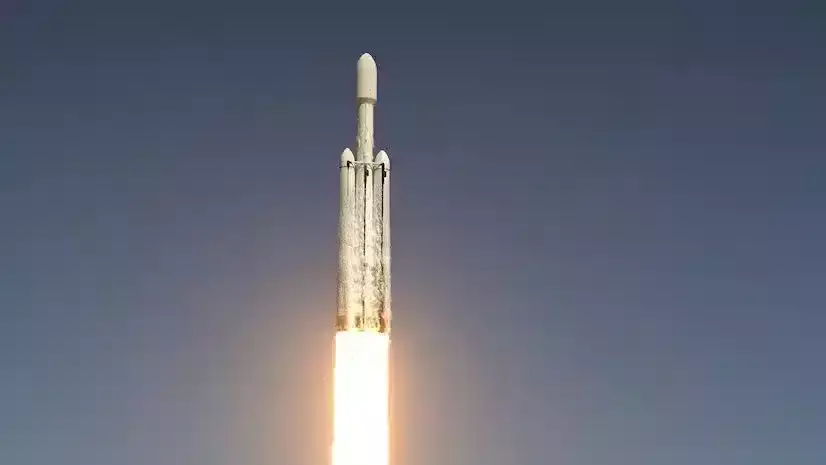
India Unveils ₹1,000 Cr VC Fund for Space-Tech Startups
In a significant move to boost the growth of space-tech startups in India, the government has launched a ₹1,000 crore venture fund to support innovation and entrepreneurship in the space sector. The fund, backed by the Indian Space Research Organisation (ISRO) and the Indian National Space Promotion and Authorization Centre (IN-SPACe), aims to scale innovation, attract global investors, and strengthen India’s position in the global space economy.
The fund is designed to empower over 190+ space-tech startups, fostering public-private collaboration and supporting the development of cutting-edge technologies in satellites, launch vehicles, and data analytics. This move is expected to give a significant boost to the Indian space-tech ecosystem, paving the way for the country to become a major player in the global space economy.
The ₹1,000 crore fund is a testament to the government’s commitment to promoting innovation and entrepreneurship in the space sector. With this fund, India is poised to become a leader in the global space-tech landscape, rivaling countries like the United States, China, and the European Union.
Objectives of the Fund
The objectives of the fund are clear: to support the growth of space-tech startups, foster public-private collaboration, and promote innovation in the space sector. The fund will achieve this by providing financial support to startups, enabling them to develop and commercialize their technologies.
The fund will also provide access to ISRO’s and IN-SPACe’s expertise, infrastructure, and resources, allowing startups to tap into the vast knowledge and experience of the space agency. This collaboration is expected to lead to the development of new technologies, products, and services that can be used for a variety of applications, including Earth observation, navigation, and communication.
Benefits for Startups
The fund will provide a range of benefits to startups, including:
- Financial support: The fund will provide financial support to startups, enabling them to develop and commercialize their technologies.
- Access to expertise: Startups will have access to ISRO’s and IN-SPACe’s expertise, infrastructure, and resources, allowing them to tap into the vast knowledge and experience of the space agency.
- Networking opportunities: The fund will provide opportunities for startups to network with other stakeholders in the space sector, including government agencies, industry players, and investors.
- Access to infrastructure: Startups will have access to ISRO’s and IN-SPACe’s infrastructure, including launch vehicles, satellites, and ground stations.
Benefits for the Economy
The fund is expected to have a range of benefits for the economy, including:
- Job creation: The fund will create jobs in the space-tech sector, contributing to the country’s economic growth.
- GDP growth: The fund will contribute to the country’s GDP growth, as the space-tech sector expands and creates new opportunities for businesses and individuals.
- Foreign exchange earnings: The fund will enable India to earn foreign exchange through the export of space-tech products and services.
- Increased competitiveness: The fund will enable India to become a major player in the global space-tech landscape, increasing the country’s competitiveness and attractiveness to foreign investors.
Conclusion
The launch of the ₹1,000 crore venture fund is a significant step forward for the Indian space-tech ecosystem. The fund is expected to empower over 190+ space-tech startups, fostering public-private collaboration and supporting the development of cutting-edge technologies in satellites, launch vehicles, and data analytics.
The fund is a testament to the government’s commitment to promoting innovation and entrepreneurship in the space sector, and is expected to have a range of benefits for startups, the economy, and the country as a whole. As the fund takes off, India is poised to become a major player in the global space-tech landscape, rivaling countries like the United States, China, and the European Union.
Source:






